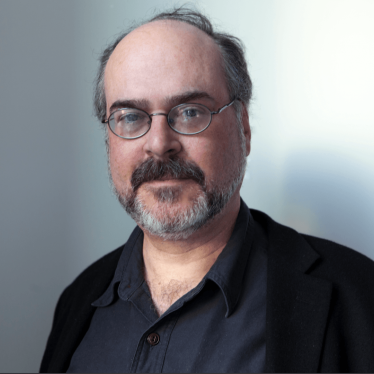Twenty-three years ago this month, Philippine President Corazon Aquino traveled to the slums of Davao City, which had been a battleground between communist insurgents and armed vigilante groups. There she told cheering Alsa Masa ("masses arise") vigilantes: "We look up to you as the example in our fight against communism."
Cory's prominent place in the pantheon of Philippine democracy is assured, but this was not her finest moment. Amid New People's Army abuses, Alsa Masa and other vigilante groups- now with the president's blessing-wreaked bloody havoc on communities in Mindanao and many other regions of the country.
Although the 1987 "People Power" Constitution ordered all unauthorized armed groups abolished, the Aquino administration merely formalized these militias as Civilian Volunteer Organizations (CVOs) and Civilian Armed Force Geographical Units (CAFGUs). Responsibility for their salaries, weapons and control fell to the army, police and, in practice, local officials. These forces thrived and so did killings, torture and enforced disappearances.
A quarter of a century later, an Aquino is back in the presidency and the vigilantes-however named-are sadly still with us. As a result of the November 2009 massacre of at least 57 people in Maguindanao province by militias linked to the Ampatuan ruling family, both the lawlessness of these groups and their misuse by authorities sparked global outrage.
The brutal killings by such groups over the years have been magnified by the national government's near complete failure to punish those responsible. Should the Ampatuan trial-now under way in Manila-successfully prosecute those behind the massacre, it may foretell a new government commitment to accountability. But even if that proves to be the case, it will not be enough to curtail the widespread abuses by militia forces.
During his presidential campaign, Benigno Aquino III repeatedly called for so-called private armies to be abolished. At the same time, he and other officials contended that the CAFGUs and CVOs are needed as "force multipliers" in areas where the New People's Army and militant Moro armed groups are active. This view presupposes both that the official militia forces can be distinguished from the "private" armies and that these forces do more good than harm in protecting the population. Neither contention seems to be borne out by the terrible history of such forces in the Philippines. Rather than providing genuine security in areas where the regular military and police simply cannot be present, they too frequently have become a vehicle for illegal activities and abuse.
With President Aquino now in office for three months, it has become increasingly clear that he has chosen the same constitutional loophole his mother did. Presidential spokesman Edwin Lacierda in July said that Aquino "wants to make sure they [the paramilitary forces] will be strictly under the supervision of the Armed Forces and national police." Instead of ordering that all militia forces be dismantled, Aquino is going with the perennially ineffectual approach of trying to strengthen authority over them.
Having traveled around Mindanao in the late 1980s investigating one atrocity after another committed by vigilante groups, I am deeply troubled by the new administration's failure to confront the issue head-on.
A change in course is needed. President Aquino should immediately announce and put into effect an order that these groups are to be disarmed and disbanded. This can be done in a manner that allows the armed forces and police to fill any resulting security gaps and limit the risk to individuals. But this process needs to start before the next massacre, not after.
The first President Aquino made a mistake that the current President Aquino can rectify. In repairing his mother's legacy, the son can do much to build his own.
James Ross, legal and policy director at Human Rights Watch, has followed the human rights situation in the Philippines since the mid-1980s.








